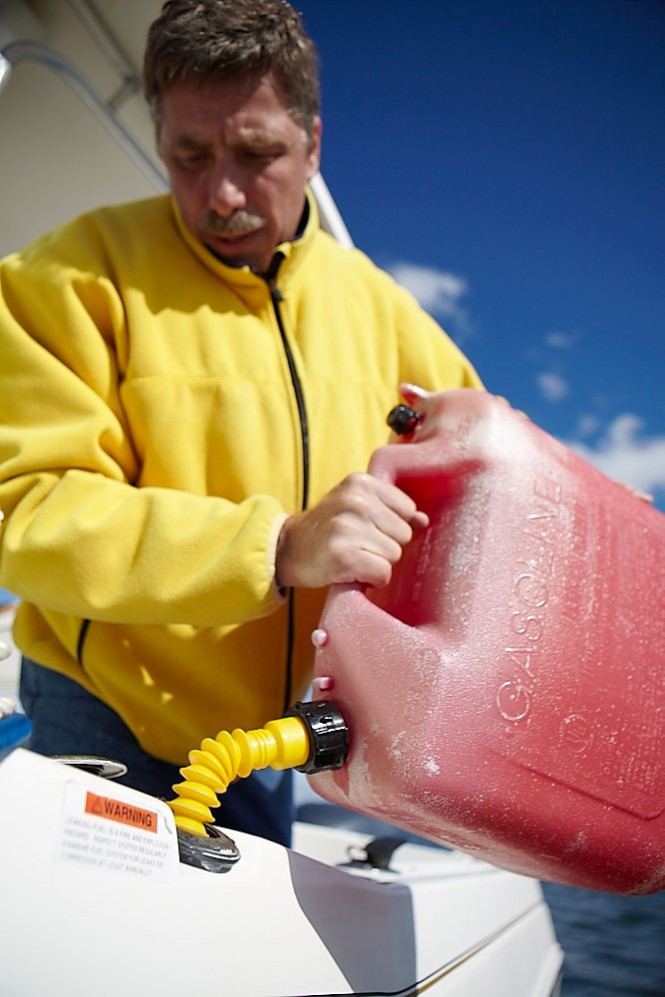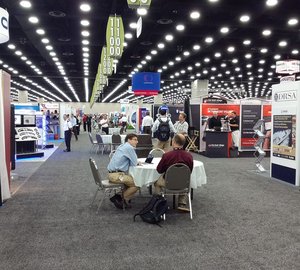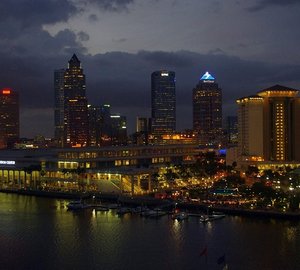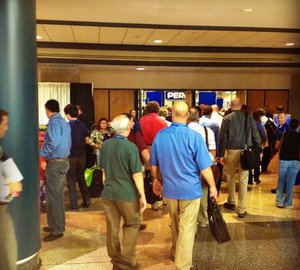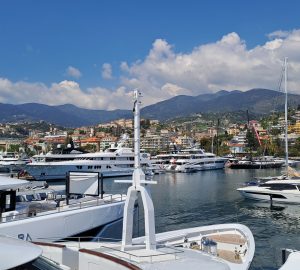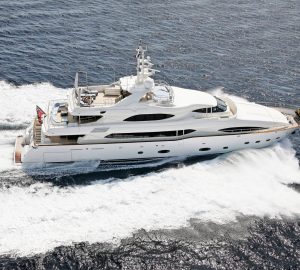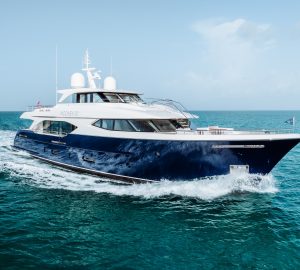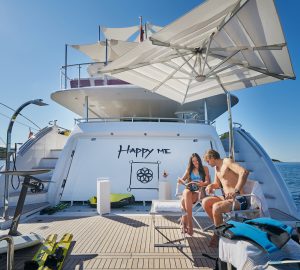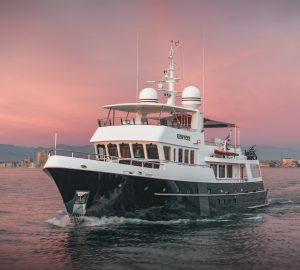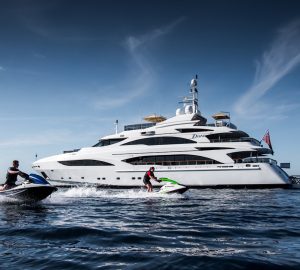Today, the National Marine Manufacturers Association (NMMA) has released the findings from preliminary evaluations on isobutanol-gasoline blends supplied by Gevo. The tests were led by NMMA and the American Boat and Yacht Council (ABYC) as the recreational boating industry explores alternative biofuels in response to the U.S. introduction of gasoline containing fifteen percent ethanol, commonly known as E15.
The Environmental Protection Agency recently approved the use of E15 for model year 2001 and newer cars and trucks. However, the boating industry has found that fuel containing more than 10 percent ethanol causes severe damage to yacht engines. While marine engines are not currently approved by the EPA for use with E15, misfueling at the pump is a danger for boaters unaware that E15 is not compliant with yacht engines.
In fact, the Department of Energy (DOE) recently announced results from tests conducted on engines using E15 which revealed performance issues like stalling, corrosion leading to oil or fuel leaks, increased emissions and damaged valves, rubber fuel lines and gaskets. These results reinforced the recreational boating industry’s concern that E15 is not a suitable fuel for yacht engines.
In contrast, the testing conducted on isobutanol reveals it could be a promising biofuel alternative to E15.
The NMMA and ABYC isobutanol evaluations tested components, including older fiberglass tanks, and engines during on-the-water testing on inboard, outboard, jet pump and two-stroke outboard engines. The tests showed isobutanol to produce no more emissions than pure, EPA-approved test gasoline, while producing 30 percent more energy than ethanol. Support from Bombardier Recreational Products (BRP) and Volvo made the testing possible through the provisions of product, personnel and testing equipment.
What’s more, the DOE has designated isobutanol a “drop-in biofuel,” meaning it can be used to displace petroleum under the Energy Independence and Security Act of 2007, and increasing its use could help reduce greenhouse-gas emissions. Support from Bombardier Recreational Products (BRP) and Volvo Penta made the testing possible through the provisions of product, personnel and testing equipment. Gevo, Inc., producer of isobutanol, supplied the fuel for the testing.
NMMA President Thom Dammrich says of the NMMA and ABYC isobutanol research, “We are pleased with the results of the evaluation on isobutanol and look forward to more testing on this, and other, important alternatives to E15. We know E15 causes significant damage to boat engines and therefore rushing it to the market is irresponsible and an unnecessary step, especially in light of the promising test results on isobutanol.”

